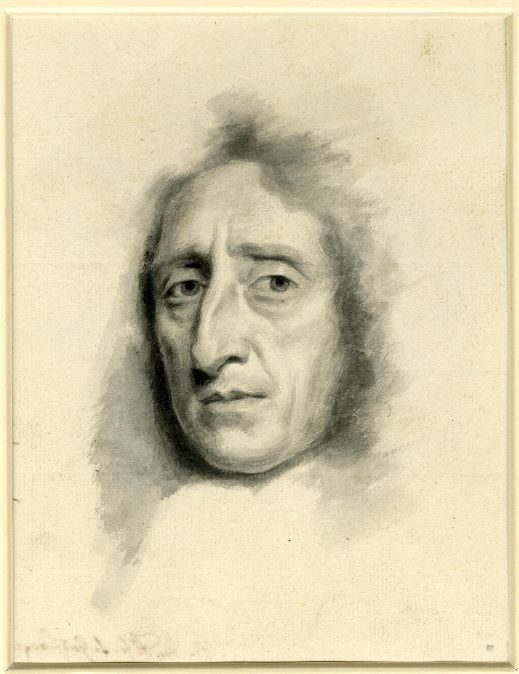Liberty Matters
Eric Mack’s Comment on Michael Zuckert 2

Let me begin by saying that I meant what I said about learning things about texts and about philosophical doctrines associated with those texts from readers like Michael that otherwise I would never see. Indeed, I wasn’t disputing Michael’s proposal that Locke’s chapter “Of Property” be seen as his treatment of the master-servant relationship when I said that the turf passage is the only passage in that chapter that explicitly mentions that relationship. I was trying to work my way over to something else that Locke does not explicitly talk about, viz., how the purchaser acquires a right against the world to the item that he has purchased. In this case, however, I have drawn the conclusion that Locke did not see any need to explain how it comes about that purchaser acquires a right against all comers and not merely against the seller. I offer an exculpating explanation for Locke’s not investigating acquisition of rights through transfer, viz., that the problem about private property rights for 17th-century theorists was how to explain the justice of initial acquisition. Filmer’s dispute with Grotius and Locke’s dispute with Filmer is focused on the possibility of just initial appropriation.
Moving along with my theme of things that Locke does not attend to, I say that Locke does not step back and ask whether the land holdings that actually exist in England in, say, 1689 are just in light of his own theory of just property rights. I think I want to stick by this claim – although there may somewhere be textual evidence against it. Again, I do not take this to be a huge criticism of Locke. I think it is quite natural for very deep thinkers not to raise questions about every facet of the world that they inhabit that might be questioned on the basis of the doctrines they develop. (Think of all the questions that we should be raising but which we do not think of to raise.)
As Michael points out, both he and I think that the sort of aid to the poor that Locke recommends in his “An Essay on the Poor Law” is a least partially motivated by his sense that the “enough and as good” proviso is triggered by the actual conditions in late 17th-century England. But I do not think that this is evidence for the proposition that Locke is questioning the property rights of those who will be required to fund that aid. This belief on my part stems from my picture of what the “enough and as good” proviso says and demands. As I see it (and, perhaps, as Locke saw it) the proviso requires that holders of property not depose of their property in ways that add up to any individual being made worse off with respect to (something like) economic opportunity. (See the Mack-Vallentyne dimension of this conversation.) If the proviso is violated, those who do the violating have to provide the victim with compensating economic opportunity. But the property rights of the violators are not nullified – except insofar as some of their holdings will have to be used to provide the required economic opportunities. There is no more general questioning of property rights than there is when I am found in a civil suit to be liable to make some compensation payment.
Lastly, I think that Michael is correct to raise the issue of “how to maintain the property regime that benefits all but does so unequally in the face of the temptations of the disadvantaged [I would have said “the less advantaged”] to disrupt those relations.” I now see my remarks as cautions against casting this as a class issue. My suggestion was that there is more class conflict in the zero-sum battles about who will be the beneficiaries and who will be the losers of political interventions in the market. My view is that most of those on the lowest rungs of the current economic ladder would be quite a ways further up that ladder were it not for policies that good Lockeans should condemn. Hence, to address the problems that arise because people are currently not very far up that ladder should not be described as addressing a problem attributable to Lockeanism.
Copyright and Fair Use Statement
“Liberty Matters” is the copyright of Liberty Fund, Inc. This material is put on line to further the educational goals of Liberty Fund, Inc. These essays and responses may be quoted and otherwise used under “fair use” provisions for educational and academic purposes. To reprint these essays in course booklets requires the prior permission of Liberty Fund, Inc. Please contact oll@libertyfund.org if you have any questions.